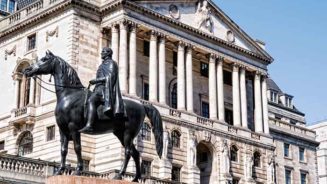As environmental, social and corporate governance (ESG) issues rise on leadership agendas globally, tax is being seen as increasingly important in the environmental agenda, decarbonization and climate change as a whole, according to a new paper from KPMGs Responsible Tax Project ‘Taxation and the Circular Economy: What it means for business’.
The concept of the circular economy is becoming increasingly prevalent in discussions around supply chains, sustainability and geopolitical challenges leaving businesses with many questions:
What is the circular economy? How might it impact long-term business strategy? How might businesses reduce waste, and what reputational benefits might flow from this?
More broadly, business tax leaders are asking how the circular economy might fit with potential taxation developments. What has occurred to date and what might we see ‘around the corner’? What potential tax levers are out there and what is the likely impact on the business?
KPMG said in a statement that its paper “seeks to address these issues by explaining what is generally meant by circular economy, considering what tax, tariffs, and incentive levers are being used or proposed to drive a more circular economy and at what stage might they be applied in the life cycle of certain goods — the production stage, the use stage, or the end-of-life stage”.
The view KPMGs Global Responsible Tax Project in full please visit the link: Responsible Tax – KPMG Global





